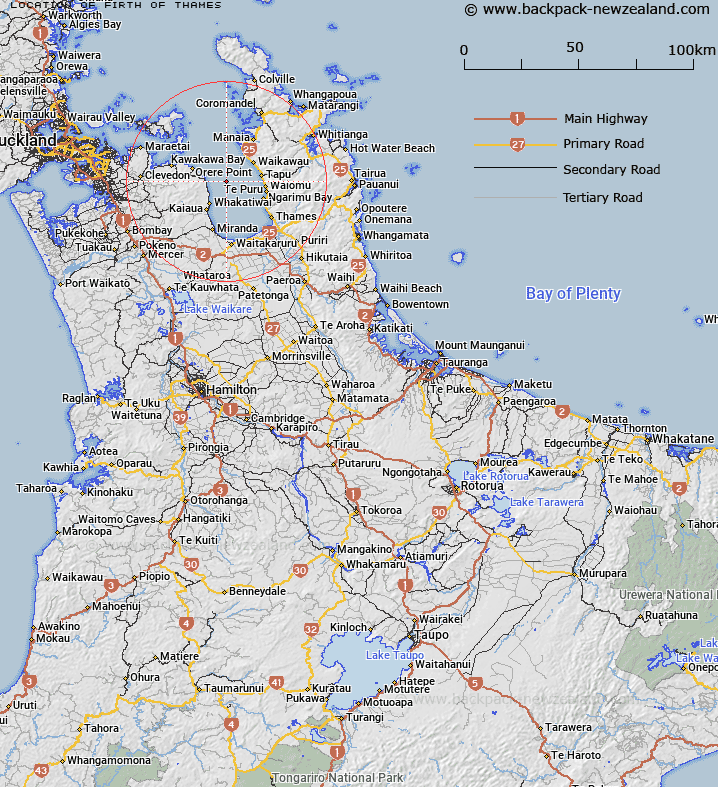New Zealand is celebrated not only for its breathtaking landscapes and rich cultural heritage but also for its robust and innovative education system. This article delves into ES.NZ, an indispensable resource for students and educators alike, providing a detailed exploration of the education sector in New Zealand. With a focus on expertise, authoritativeness, and trustworthiness, this guide aims to offer a thorough understanding that is beneficial for anyone interested in the educational landscape of New Zealand.
As we examine ES.NZ, we will uncover its diverse features, analyze the structure of New Zealand's education system, and highlight the opportunities available for both domestic and international students. Additionally, we will provide an in-depth look at the policies that govern the education sector, ensuring that you have all the essential information to make well-informed decisions regarding your academic journey.
Whether you are a student contemplating studying in New Zealand or an educator seeking to deepen your understanding of the system, this article will serve as your ultimate reference. By the end, you will have a comprehensive understanding of ES.NZ and its significance within the broader context of New Zealand's educational framework.
Read also:Rod Blagojevich A Comprehensive Look At His Height Life And Legacy
Table of Contents
- Understanding ES.NZ
- Overview of New Zealand's Education System
- Types of Education in New Zealand
- Key Policies and Regulations
- Educational Opportunities for Students
- Support for International Students
- Challenges in the Education System
- Conclusion
Understanding ES.NZ
ES.NZ is a comprehensive platform that serves as a vital resource for understanding the intricacies of New Zealand's educational framework. It provides a wealth of information about various educational institutions, available courses, and the overarching policies that shape learning in the country. This platform is instrumental in guiding students and educators through the complexities of the education system.
For international students, ES.NZ is an invaluable tool that simplifies the process of studying abroad. It offers detailed guides on visa requirements, application procedures, and living conditions, ensuring that students are fully prepared for their educational journey. Furthermore, it collaborates with educational institutions to provide updated information on courses, making it easier for students to find programs that align with their interests and career aspirations.
Overview of New Zealand's Education System
The education system in New Zealand is renowned for its high standards and innovative teaching methodologies. It is structured into four main stages:
- Early Childhood Education (ECE)
- Primary Education
- Secondary Education
- Tertiary Education
Each stage is meticulously designed to cultivate a passion for learning and equip students with the skills necessary for future success. The Ministry of Education oversees the entire system, ensuring it remains adaptable to the evolving needs of students and the demands of the modern workforce.
Early Childhood Education (ECE)
Early Childhood Education plays a crucial role in New Zealand, as it establishes the foundation for lifelong learning. Although not mandatory, ECE is strongly encouraged, with a significant number of children participating in various programs before beginning primary school. These programs focus on fostering creativity, social skills, and cognitive development in young learners.
Primary and Secondary Education
Primary education spans six years, followed by five years of secondary education. Students are assessed through national examinations, which help determine their readiness for tertiary education or vocational training. This structured approach ensures a smooth transition from one educational stage to the next, preparing students for their future academic and professional endeavors.
Read also:Exploring The World Of Josh Gates Beyond The Adventures
Types of Education in New Zealand
New Zealand offers a wide array of educational options, catering to diverse interests and career aspirations. The primary types of education include:
- Academic Programs
- Vocational Training
- Distance Learning
Academic Programs
Academic programs are predominantly offered by universities and focus on theoretical knowledge across various disciplines. These programs culminate in degrees ranging from bachelor's to doctoral levels, providing students with a strong foundation in their chosen fields of study.
Vocational Training
Vocational training institutions emphasize hands-on learning experiences, equipping students with practical skills for specific careers. These programs are typically shorter and more focused than traditional academic routes, making them an ideal choice for students seeking immediate entry into the workforce.
Key Policies and Regulations
The New Zealand education system is governed by several pivotal policies and regulations, including:
- The Education Act 1989
- The New Zealand Curriculum Framework
- National Standards
These policies ensure that all students receive a high-quality education and that the system remains equitable and accessible to everyone, regardless of their background or circumstances.
Educational Opportunities for Students
New Zealand is home to numerous world-class universities and institutions, offering a multitude of educational opportunities for both domestic and international students. Some of the most prestigious institutions include:
- The University of Auckland
- Victoria University of Wellington
- University of Otago
These institutions provide a diverse range of programs across various fields, ensuring that students can find courses that align with their interests and career goals. The commitment to academic excellence and innovation makes New Zealand an attractive destination for students worldwide.
Support for International Students
International students are an integral part of New Zealand's education system, and numerous support services are available to help them adapt to their new environment. These services include:
- Orientation programs
- Counseling services
- Academic support
These resources ensure that international students feel welcomed and supported throughout their studies, fostering a sense of belonging and community within the educational environment.
Challenges in the Education System
Despite its many strengths, the New Zealand education system faces several challenges, such as:
- Ensuring equitable access to education
- Addressing the diverse needs of learners
In response, the government and educational institutions are implementing strategies to enhance access and support for all students, ensuring that no one is left behind. These initiatives aim to create a more inclusive and equitable educational environment for everyone.
Conclusion
In summary, ES.NZ is an invaluable resource for anyone seeking to understand New Zealand's educational landscape. With its extensive information on the education system, diverse program offerings, and support for international students, it serves as a crucial tool for making informed decisions about education in New Zealand.
We encourage you to explore ES.NZ further, share your thoughts and questions, and disseminate this article with others who may find it beneficial. Together, we can build a community of informed learners dedicated to enhancing their educational journeys.
Thank you for reading, and we look forward to welcoming you back for more insightful articles on education and beyond!


